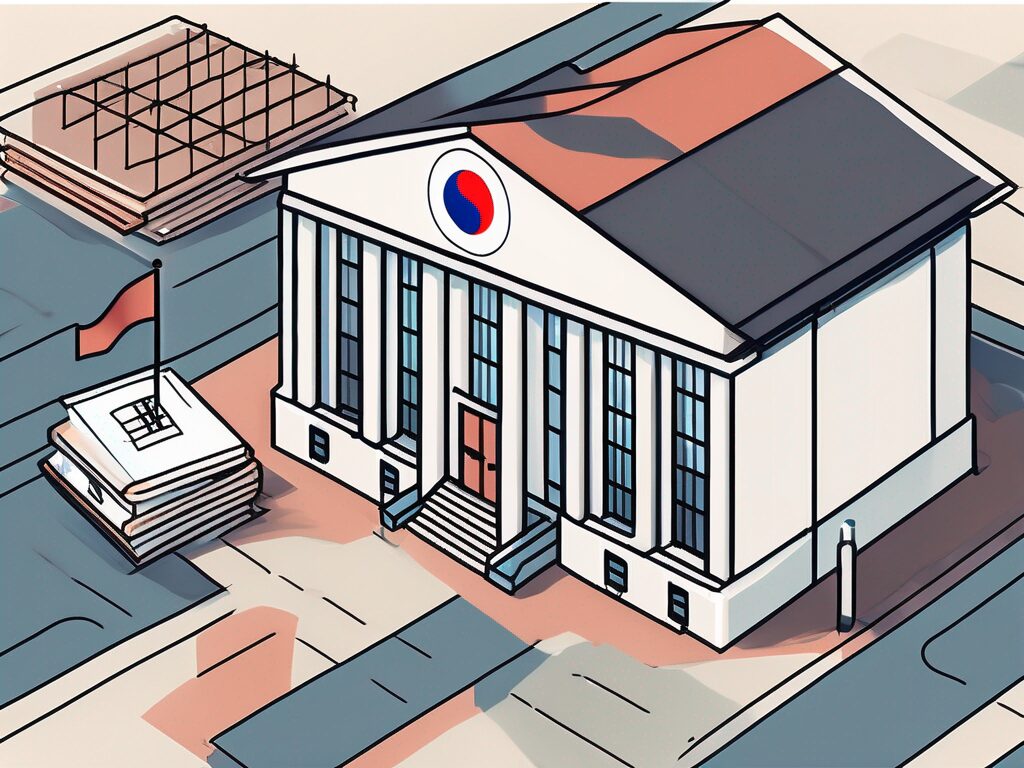2025 Vision: Transformative Government Policies Shaping South Korea’s Education
South Korea is recognized globally for its exceptional education system, which is profoundly influenced by government policies. These policies play a crucial role in determining the quality, accessibility, and overall structure of education within the nation. This guide aims to provide an in-depth analysis of the transformative government policies that have shaped South Korea’s educational landscape, offering valuable insights for international educators and consultants.
Historical Context of Education Policies in South Korea
The evolution of education policies in South Korea reflects the nation’s socio-economic transformations and adherence to global educational trends. A historical overview reveals the significant milestones in policy development.
Post-War Educational Reforms
Following the Korean War, the South Korean government implemented comprehensive educational reforms aimed at eliminating illiteracy and cultivating a skilled workforce. These foundational policies established a universal primary education system, akin to the UK’s model, while emphasizing vocational training to support industrial growth.
These early reforms were pivotal in establishing the high educational attainment levels observed today, serving as the foundational roots of the current education system.
Expansion and Equalization of Educational Opportunities
During the 1970s and 1980s, the South Korean government focused on expanding educational access and equalizing opportunities. This period saw the establishment of numerous schools and universities, alongside the introduction of the Equalization Policy, which aimed to provide equitable educational opportunities for all students, irrespective of socio-economic background.
This phase can be likened to the growth of a tree, where new branches symbolize the expansion of educational resources and opportunities.
Current Educational Policies and Their Impact
Having established the historical context, it is essential to examine the current educational policies in South Korea and their implications for the education system, influencing aspects such as curriculum design and student wellbeing.
Curriculum Innovations
Recent years have witnessed significant curriculum reforms in South Korea, with government initiatives aimed at fostering creativity and critical thinking. These reforms seek to transition from traditional rote learning to a more comprehensive educational model, enhancing the overall quality of education.
Such reforms can be compared to the process of pruning a tree, which encourages healthier growth and productivity in the educational framework.
Policies Promoting Student Wellbeing
The South Korean government has also prioritized student wellbeing through various initiatives, including reducing study hours, encouraging physical activity, and implementing mental health programs. These measures aim to mitigate the high levels of stress and competition prevalent in the education system, akin to the pressures faced by students in other high-performing educational contexts.
These wellbeing policies are essential for fostering a balanced educational environment that promotes both academic success and personal health.
Future Directions for Educational Policies in South Korea
Looking forward, the South Korean government is expected to continue refining its educational policies to address the evolving needs of students and society. The following potential directions are noteworthy:
Focus on Lifelong Learning
In response to the Fourth Industrial Revolution and rapid technological advancements, there is an increasing emphasis on lifelong learning. Future policies are likely to encourage continuous education and skill development, paralleling trends observed in the UK regarding adult education.
This approach reflects the necessity for the education system to adapt and prepare students for an ever-changing global landscape.
Commitment to Inclusive Education
There is a growing commitment to inclusive education, with policies designed to ensure that all students, including those with special educational needs, have access to quality education. This aligns with global trends towards inclusivity, as seen in countries such as Canada and Australia.
An inclusive education system is vital for fostering a diverse and equitable society, much like a tree that supports various forms of life within its ecosystem.
In summary, government policies have been instrumental in shaping the educational framework in South Korea, from post-war reforms to contemporary initiatives focused on student wellbeing and curriculum innovation. As the education system continues to evolve, these policies will adapt to meet the changing demands of society, ensuring that South Korea remains at the forefront of global education.
Enhance Your Educational Expertise with IPGCE
As South Korea refines its educational policies, international educators must stay informed and adaptable in this dynamic landscape. For educators seeking to elevate their qualifications, overcome career barriers, and engage with a global professional network, the International Postgraduate Certificate in Education (iPGCE) offers a pathway to success. The iPGCE enhances interview prospects, promotion opportunities, and salary potential. Seize the chance to deepen your understanding of international education systems while enjoying the flexibility of online study tailored to your professional commitments. Do not let insufficient credentials hinder your career growth. Enroll in the UK’s leading Teacher Training Course today and transform your educational journey.

